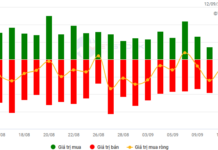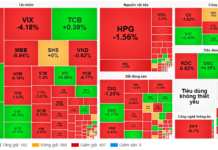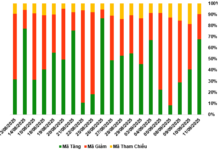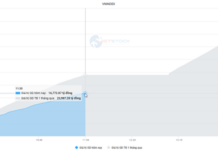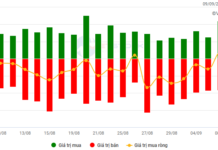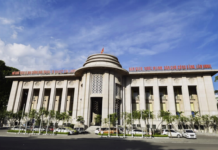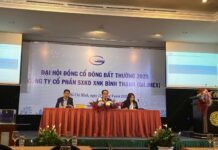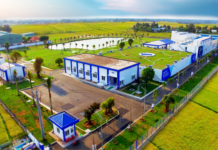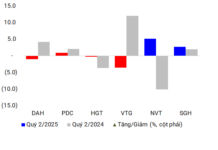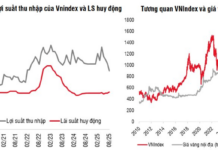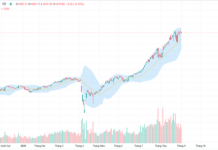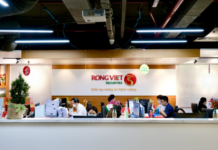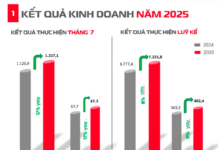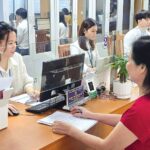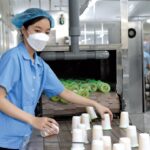On July 31, 2024, the Animal Health Department (Ministry of Agriculture and Rural Development) sent a document to the Animal Health Departments of Regions I, II, III, IV, V, VI, and VII; and the Animal Quarantine Departments of Lao Cai, Lang Son, and Quang Ninh regarding the application of health certificates for live monkey exports from Vietnam to China.
BUSINESSES CAN REGISTER TO EXPORT MONKEYS TO CHINA
The Vietnam Animal Health Department announced that on July 29, 2024, the General Administration of Customs of China officially notified the Animal Health Department of their agreement with the health certificate template for monkey exports from Vietnam to China.
Earlier, the Protocol on Animal Quarantine Requirements for Monkey Exports from Vietnam to China was signed by the Ministry of Agriculture and Rural Development of Vietnam and the General Administration of Customs of China on June 6, 2024, during the visit and working trip to Vietnam by Zhao Zenglian, Deputy Director-General of the General Administration of Customs of China.
Immediately after the signing of the Protocol, the Animal Health Department proactively worked with the General Administration of Customs of China to discuss and agree on the content of the health certificate template for monkey exports from Vietnam to China. The process also received very positive and effective support from the Embassy of Vietnam (Trade Office) in China and the Embassy of China in Vietnam.
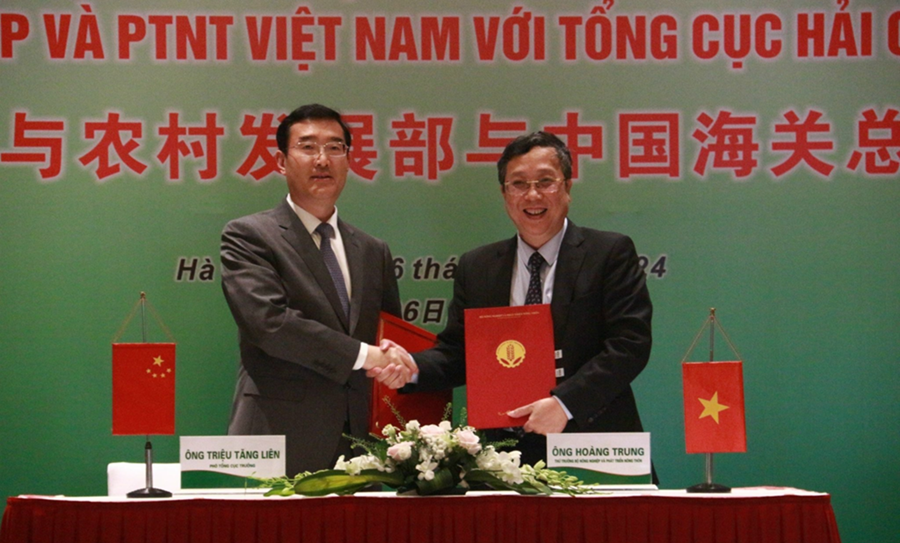
According to the Protocol, to export monkeys, they must be free from Ebola Hemorrhagic Fever and Marburg disease, and there must be no clinical cases of Cercopithecine Herpesvirus type I (B virus), Tuberculosis, Salmonella, and Shigellosis in the areas and places of origin of the exported monkeys within 12 months.
“Monkeys exported to China must be born or captive-bred for at least two years in Vietnam. Before being exported to China, monkeys that have undergone quarantine at the original farm will be isolated for 30 days at a quarantine location approved by Vietnam. During the isolation period, the monkeys will undergo clinical examinations and be confirmed healthy and free from infectious diseases. All monkeys will be tested in a laboratory approved by Vietnam, and only those with negative results will be exported to China.”
Animal Health Department.
All crates, vehicles, ships, airplanes, and other means of transportation, as well as equipment used for monkey transportation, must be cleaned and disinfected with effective disinfectants approved by Vietnam. Food and bedding used during the isolation and transportation of monkeys must not originate from areas with infectious animal diseases and must comply with veterinary hygiene requirements.
During isolation and transportation, monkeys must not come into contact with any other animals that do not belong to the same exporting or importing company, and separate means of transportation must be used. Monkeys must not be transported through areas with severe animal diseases…
The General Administration of Customs of China may send animal quarantine officers to monkey export facilities, relevant quarantine stations, and laboratories to coordinate with authorized veterinarians from Vietnam in performing inspection and quarantine procedures.
In the document dated July 29, the General Administration of Customs of China requested the Vietnam Animal Health Department to properly issue health certificates for live monkey exports to China, ensuring compliance with the conditions specified in the Protocol and the agreed-upon health certificate template.
The aforementioned document from the Animal Health Department clearly stated that the next step for businesses in Vietnam with needs and capabilities to meet the requirements specified in the Protocol is to register with the Animal Health Department for confirmation and submission to the General Administration of Customs of China for consideration and decision-making.
MONKEY BREEDING FOR VACCINE PRODUCTION
Monkeys bred for export are not intended for the pet or food industries but are mainly used for vaccine production. There are currently several monkey breeding farms in Vietnam for this purpose.
A notable example is the monkey farm owned by Mr. Huynh Huu Dung in Ho Chi Minh City, which houses thousands of individuals from two main species: long-tailed monkeys and pig-tailed monkeys. Mr. Dung also owns additional monkey farms in Tay Ninh and Laos.
Phuc Loc Phat Service Co., Ltd. (Ho Chi Minh City) has also been permitted by Cites to breed long-tailed monkeys for vaccine research. Their monkey farm is located in Trung An commune, Cu Chi district, Ho Chi Minh City, spanning an area of 6,000 square meters. The farm is surrounded by abandoned rice fields and canals, isolated from urban and residential areas…
In 2019, the Director of the Institute of Ecology and Biological Resources (under the Vietnam Academy of Science and Technology) signed Document No. 403, confirming that long-tailed monkeys at Phuc Loc Phat’s farm had reproduced at the ages of 1-4 years old and under 1 year old. This means that the company has successfully bred the rare long-tailed monkey species, which is the most important condition for Cites (Convention on International Trade in Endangered Species of Wild Fauna and Flora) to grant export permits.
In 2022, the Ho Chi Minh City Forest Protection Department granted a certificate of code number for the facility breeding endangered wild animals under Appendix II, Cites IIB-C-HCM-005 to Phuc Loc Phat Company. Accordingly, the Forest Protection Department certified Phuc Loc Phat Company to breed long-tailed monkeys, with the source of origin being “bred for reproduction at the farm and purchased from legal breeding facilities.”
According to Phuc Loc Phat Company, each export contract for monkeys to China typically involves up to 1,000 individuals. For each exported batch of monkeys, the company pays taxes of over VND 10 billion to the state. Before the monkeys are exported, as per regulations, they must be vaccinated, tested, and isolated, with each individual caged separately. Each cage must maintain a safe distance within an enclosure, and the enclosures must be correctly spaced within the quarantine area awaiting export. Subsequently, the National Institute of Hygiene and Epidemiology, the Animal Health Department, and Preventive Medicine will test and inspect each individual according to international standards.

